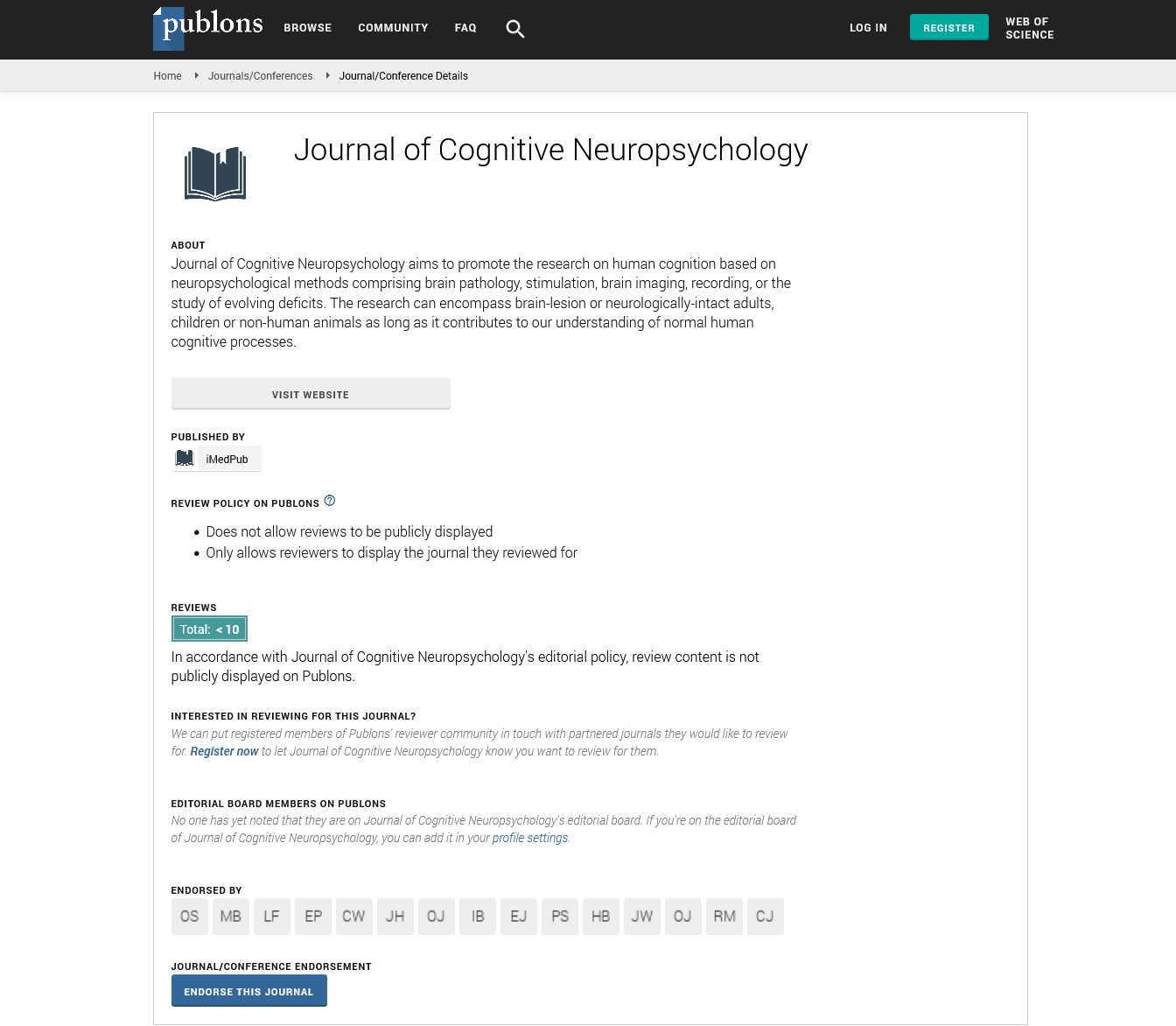Abstract
Comparison of calcitonin gene-related peptide receptor antagonists and tricyclic antidepressants in the prophylactic treatment of migraines
Background and Purpose: The migraine is a common, debilitating neurological illness that affects the global population.1 For over 35 years, tricyclic antidepressants (TCAs) have been a mainstay prophylactic treatment for migraines. However, the overall progress in migraine management has been tremendous within the last few years as more novel drugs are being put into market, such as calcitonin gene-related peptide (CGRP) receptor antagonists. The purpose of this analysis is to determine if calcitonin gene-related peptide receptor antagonists are more effective than tricyclic antidepressants in the prophylactic treatment of migraines. Methods and Materials: Research was conducted using the following: PubMed, Google Scholar, and Ovid. Keywords searched were “chronic migraines”, “TCA”, “amitriptyline”, “CGRP receptor antagonists”, “prophylaxis”, “preventative treatment”, “migraines”, “erenumab”, “galcanezumab”, and “fremanezumab”. We investigated 20 articles after excluding meta-analyses, systematic reviews, and articles published greater than 10 years ago. Article analysis was used to determine efficacy among several CGRP receptor antagonists and amitriptyline. Results: CGRP antagonists showed effectiveness in the reduction of migraine days, severity of the migraines, headache hours, and decreased use of additional analgesics with side effects most commonly related to injection of the medication. TCAs showed a limited effectiveness in controlling migraine symptoms with a larger side effect profile and high dropout rates. Conclusion: CGRP receptor antagonists have proven to be clinically more effective in reducing headache symptoms and tolerated better among patients. Up to date studies on amitriptyline with standard variables and measures of efficacy is necessary to provide extensive comparison between the two drug classes.
Author(s): Jasmine Delancy
Abstract | Full-Text | PDF
Share This Article
Google Scholar citation report
Citations : 8
Journal of Cognitive Neuropsychology received 8 citations as per Google Scholar report
Journal of Cognitive Neuropsychology peer review process verified at publons
Abstracted/Indexed in
- Google Scholar
- Publons
- MIAR
Open Access Journals
- Aquaculture & Veterinary Science
- Chemistry & Chemical Sciences
- Clinical Sciences
- Engineering
- General Science
- Genetics & Molecular Biology
- Health Care & Nursing
- Immunology & Microbiology
- Materials Science
- Mathematics & Physics
- Medical Sciences
- Neurology & Psychiatry
- Oncology & Cancer Science
- Pharmaceutical Sciences
